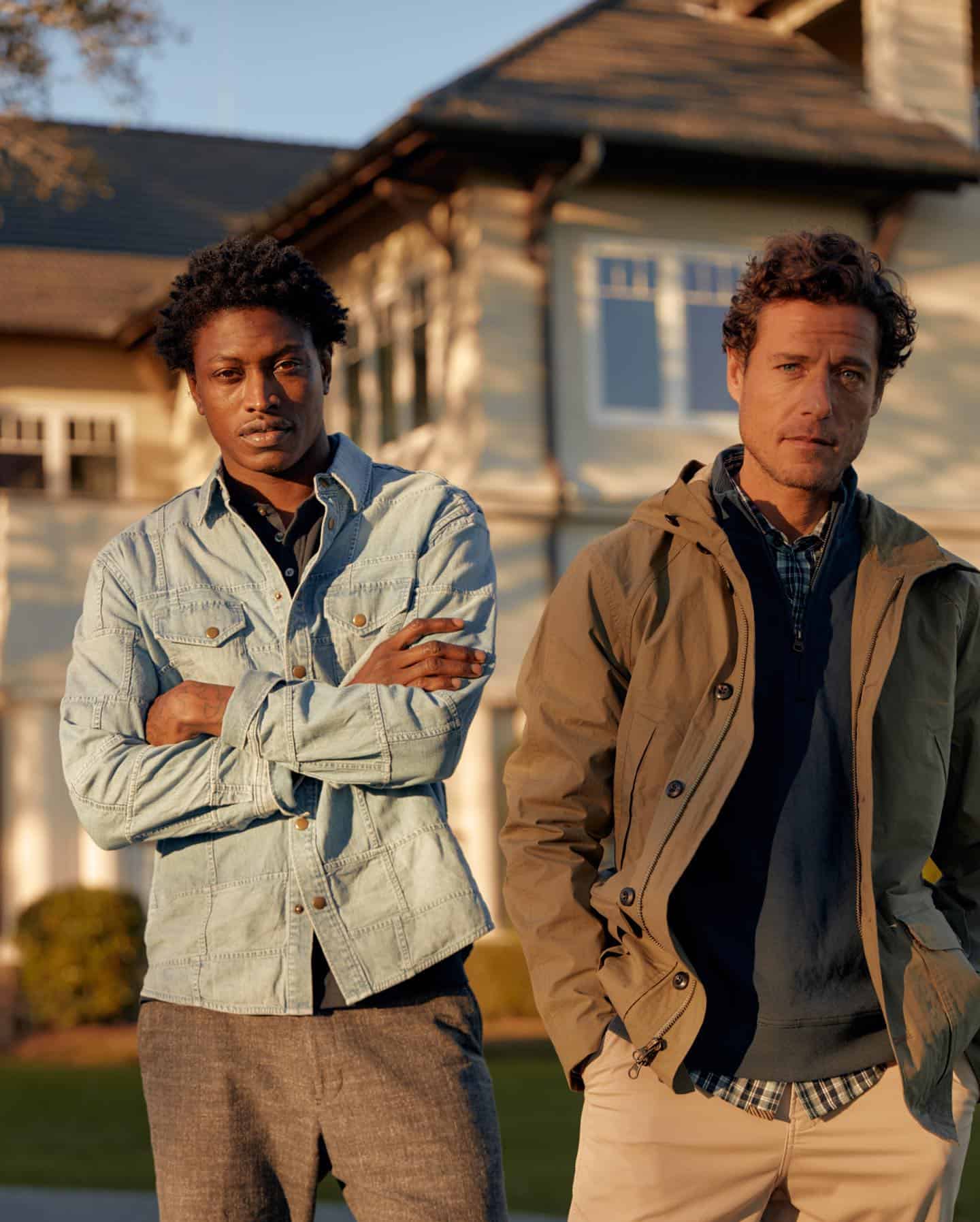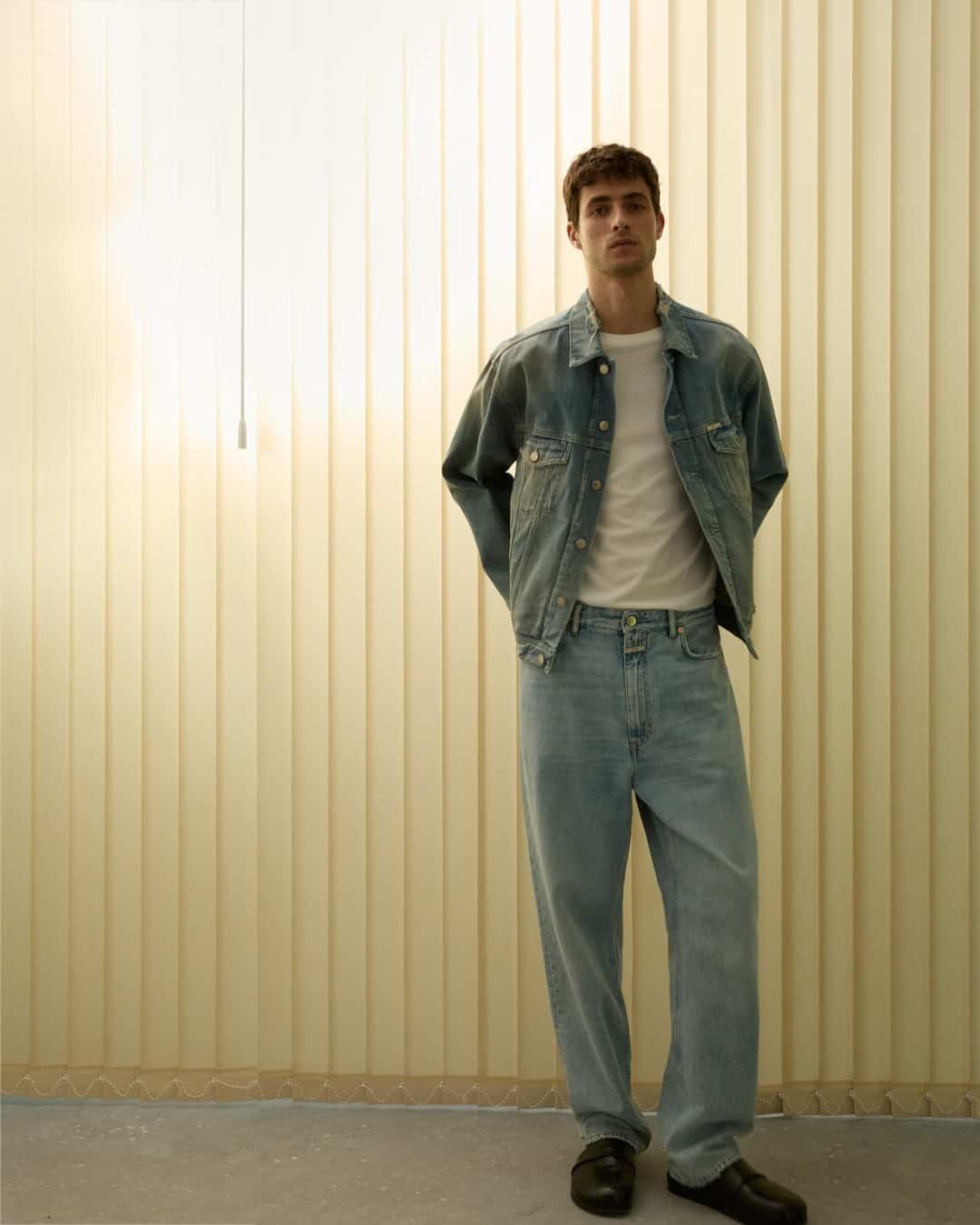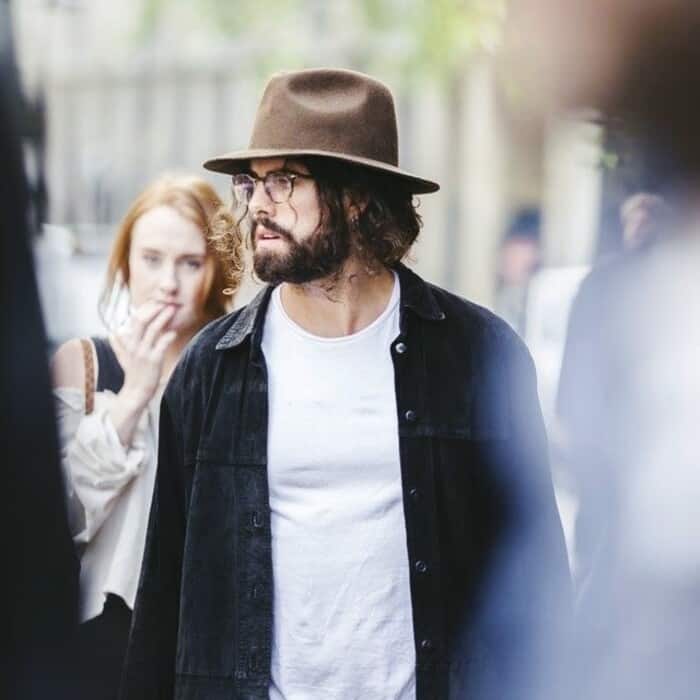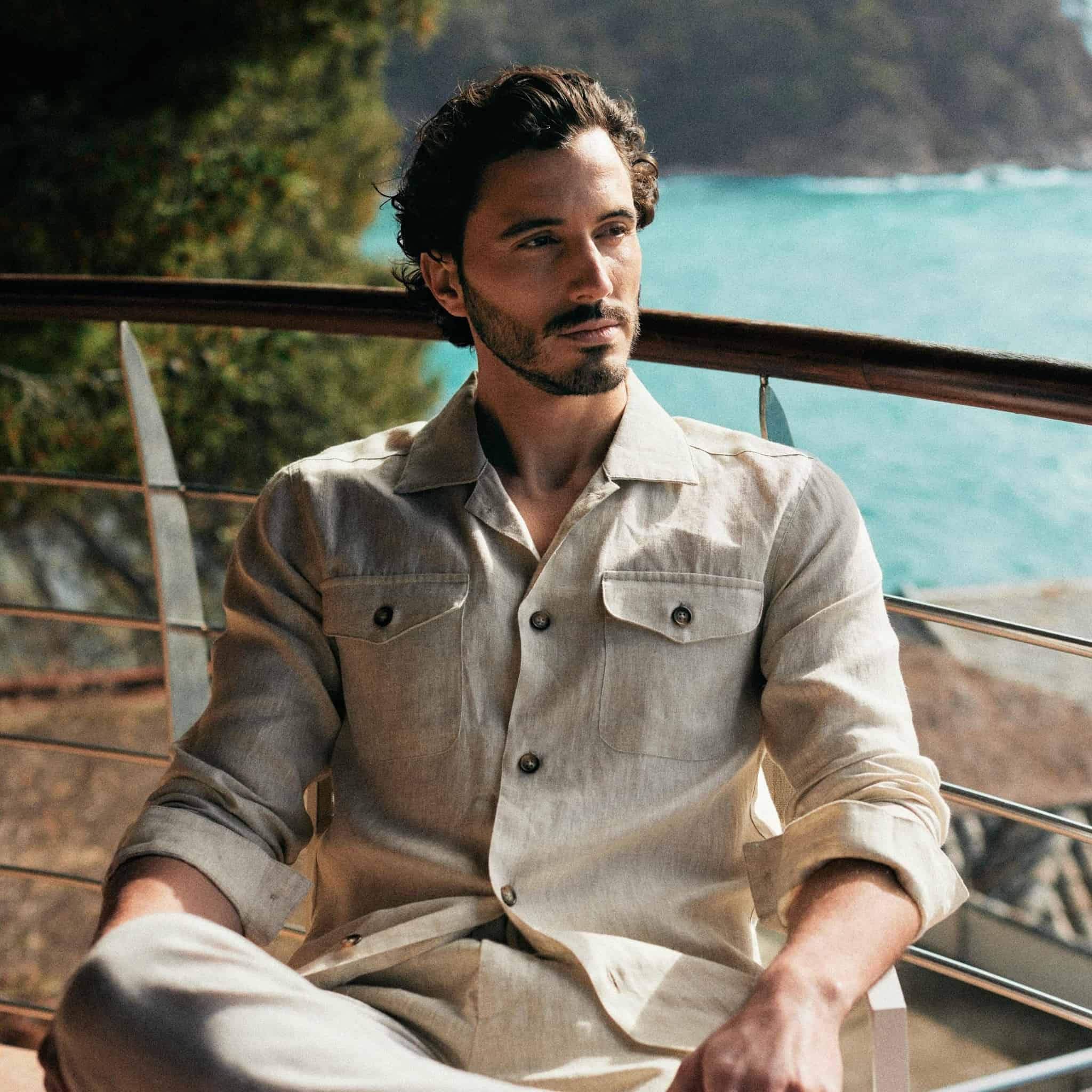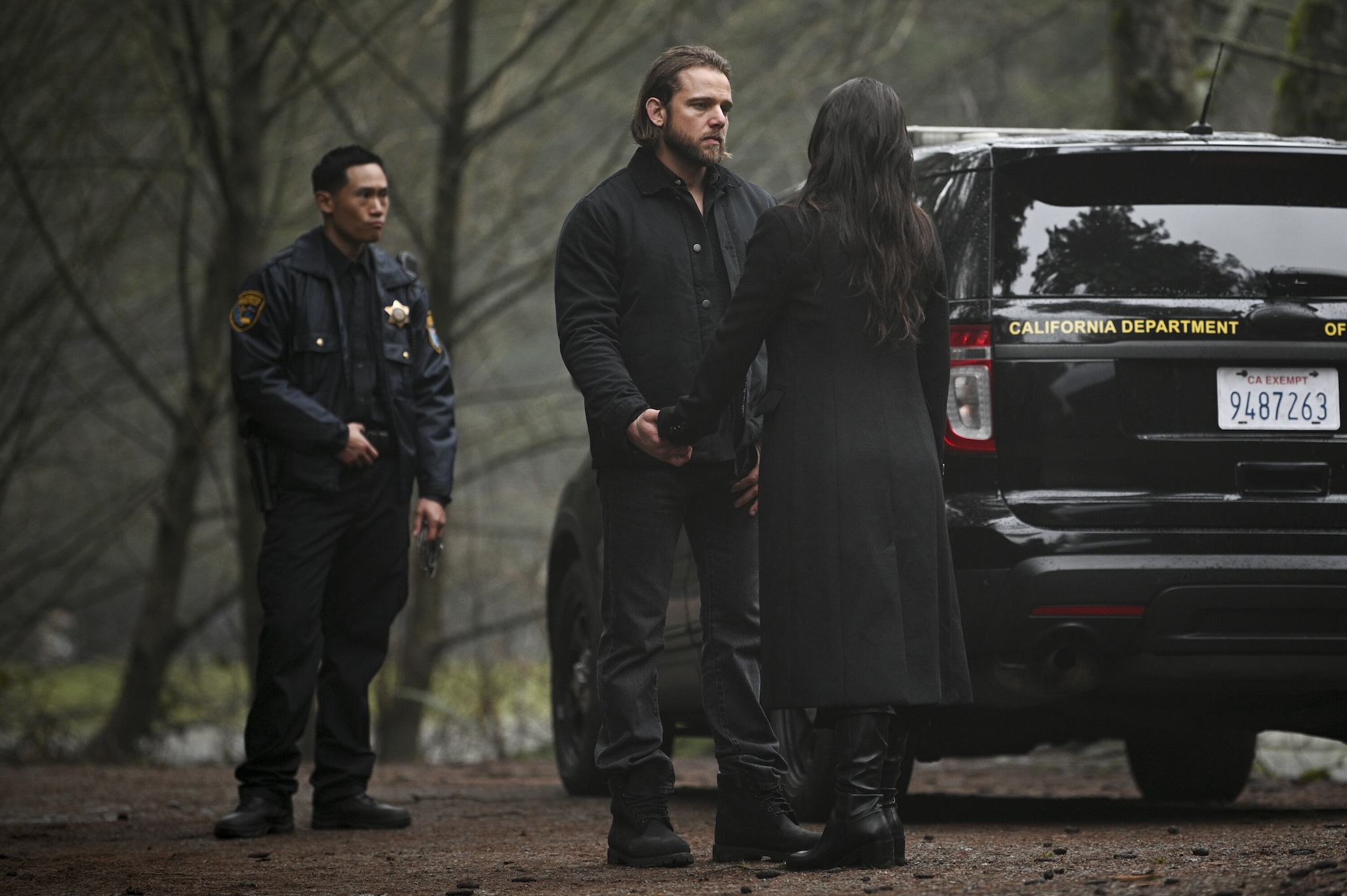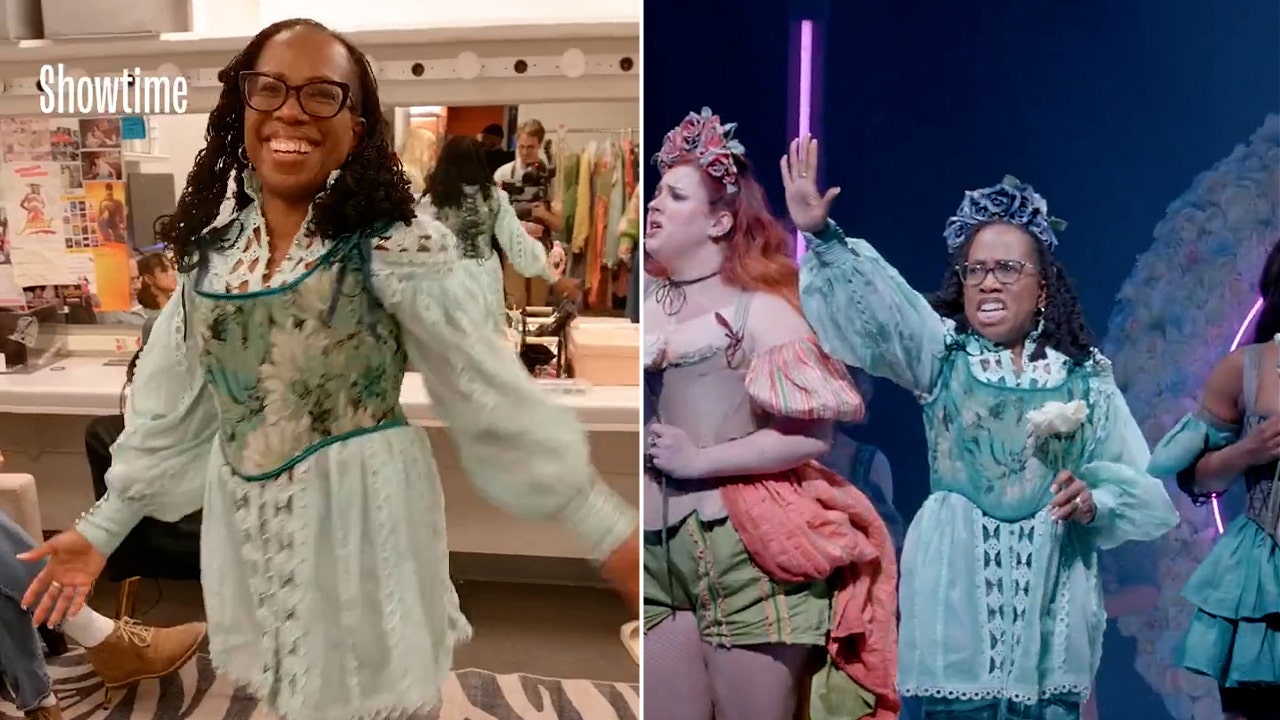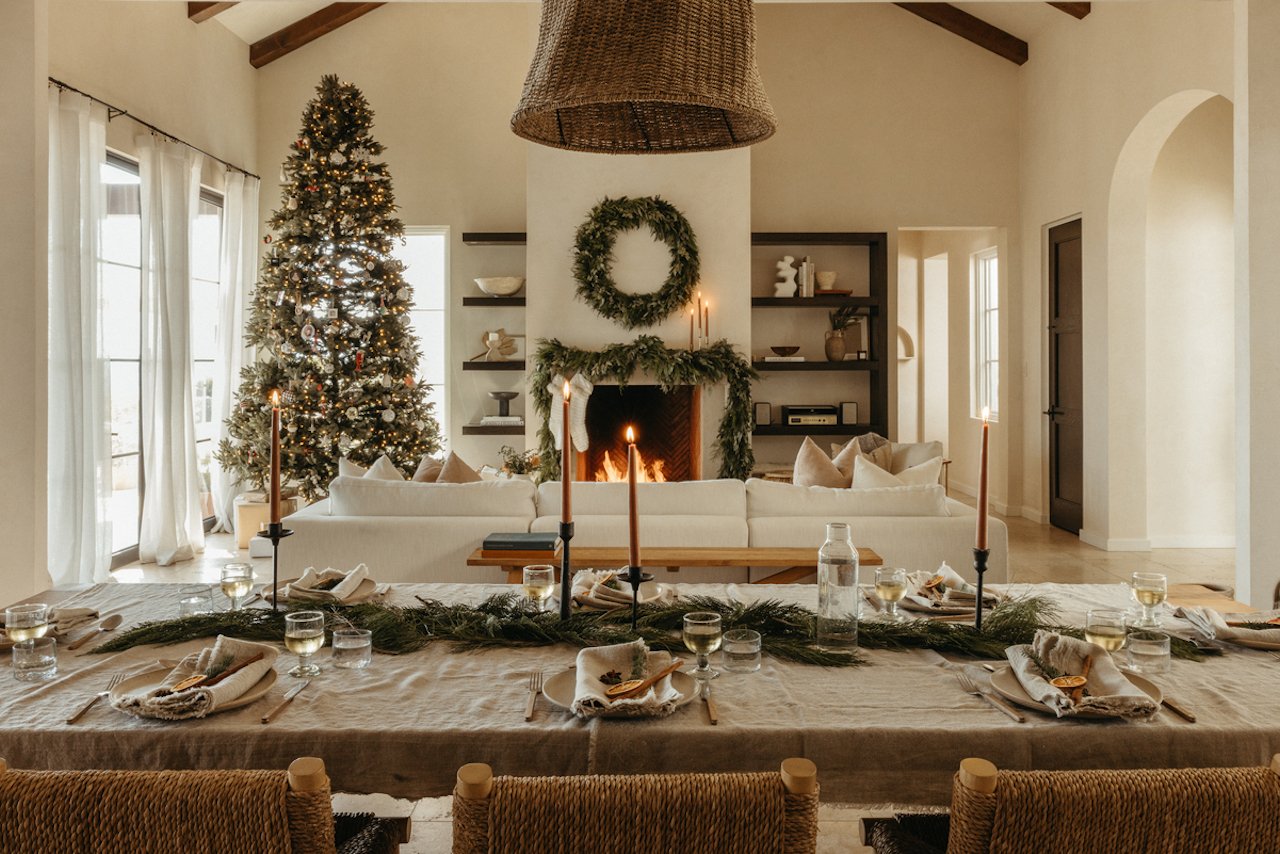Curious about the indie aesthetic, but don’t know your Kurt Cobain from your Kerouac? Fear not, sartorial seeker – we’ve done the heavy lifting for you, diving deep into the annals of counterculture to unravel the mysteries of this eclectic, ever-evolving style.
Our intrepid team of fashion anthropologists has pored over decades of subcultural movements, from the gritty streets of ’70s punk to the lo-fi bedroom pop of today, to bring you the definitive guide to indie style.
We’ve tracked down the trendsetters, the rule-breakers, and the icons who’ve shaped this aesthetic, all to help you craft a wardrobe that’s as unique as your vinyl collection.
But this isn’t just a history lesson – we’re here to help you master the art of indie style in the here and now.
We’ve broken down the key components of the look, from the perfect worn-in leather jacket to the ultimate thrifted band tee, and served up plenty of inspiration for putting together outfits that are equal parts effortless cool and sartorial rebellion.
So what sets this guide apart from your average fashion listicle? For one, we’ve gone beyond the surface level to explore the philosophy and ethos behind indie style. We’ve tapped insiders and experts, from vintage sellers to indie musicians themselves, to get to the heart of what makes this aesthetic so enduring and appealing.
Get ready to dive into:
- The fascinating evolution of indie fashion, from its punk and grunge roots to its current, genre-blurring incarnation
- Key pieces for building an indie capsule wardrobe, and how to score them on a starving-artist budget
- Grooming tips for nailing that artfully disheveled, rolled-out-of-bed-and-onto-the-stage look
- The style icons and trailblazers who embody the indie spirit, from Alex Turner to Ezra Koenig
Whether you’re a die-hard devotee of the indie aesthetic or just looking to add some edge to your everyday look, this guide will help you cultivate a style that’s authentic, original, and 100% you. So crank up the volume on your favorite indie playlist, and let’s dive in.
The Evolution of Indie Style
From Punk to Tweed: A Subcultural Journey
To truly understand the essence of indie fashion, we need to take a trip back in time to the gritty, graffitied streets of the 1970s. It was here, amidst the snarling guitars and safety-pinned leather of the punk scene, that the seeds of indie style were first sown.
These early pioneers of the aesthetic – think Patti Smith, Richard Hell, and the Ramones – may not have been wearing artisanal selvedge denim or limited-edition sneakers, but they had something far more important: a fierce commitment to individuality and a middle finger raised firmly at the mainstream.
Fast forward a decade or so, and we land smack dab in the middle of the grunge explosion. Bands like Nirvana, Pearl Jam, and Sonic Youth were redefining the sound of rock, and with it, the look of the alternative crowd.
Flannels, ripped jeans, and scuffed-up Doc Martens became the unofficial uniform of the disaffected youth, a sartorial cry of rebellion against the polished excess of the ’80s. But it wasn’t until the early 2000s that indie fashion as we know it truly began to take shape.
As bands like the Strokes, Yeah Yeah Yeahs, and Interpol ushered in a new era of rock revivalism, their fans started cribbing style notes from the ’60s and ’70s – think slim-cut suits, vintage band tees, and shaggy haircuts that looked like they’d been trimmed with a pair of rusty garden shears.
The Millennial Takeover: Indie Goes Mainstream
By the mid-aughts, indie had gone from underground to overground, with everyone from Urban Outfitters to H&M co-opting the aesthetic for the mall crowd. Suddenly, you couldn’t swing a thrifted tote bag without hitting a twentysomething in skinny jeans and a studded belt.
But although the mass-market embrace of indie fashion might have diluted its outsider cred, it also opened up the aesthetic to a wider range of influences and interpretations.
Preppy elements like tweed blazers and Oxford shirts started mixing with classic indie staples, and the rise of festival culture brought a new wave of bohemian accents to the fore.
The Age of Irony: Indie Sleaze and the New Sincerity
Which brings us to the present day, where indie fashion is in the midst of a fascinating paradox. On one hand, we have the resurgence of the so-called “indie sleaze” look – think American Apparel ads circa 2010, all lo-fi lighting and hipster mustaches – fueled in part by a wave of nostalgia for the pre-Instagram era.
On the other hand, there’s a growing sense that maybe, just maybe, it’s time to drop the ironic posturing and start dressing like we give a damn again. Call it the rise of the “new sincerity,” or just a natural reaction to years of carefully curated apathy.
Any way you like at it, there’s a palpable shift towards a more earnest, heartfelt approach to personal style.
Key Components of Indie Fashion for Men
So, now that we’ve charted the historical terrain, let’s get down to brass tacks: what exactly makes an outfit “indie,” anyway? The specifics may vary depending on which subcultural tributary you’re swimming in, but there are a few key elements that tend to crop up again and again.
Vintage Denim: The Backbone of the Look
If indie fashion had an official fabric, it would undoubtedly be denim – but not just any denim. We’re talking vintage, baby, the kind that’s been worn and torn and faded to perfection over years of hard living.
Whether it’s a pair of high-waisted Levi’s 501s or some obscure Japanese selvedge sourced from a specialty shop in Tokyo, the perfect indie jeans are all about character. They should look like they’ve been with you through thick and thin, the sartorial equivalent of a loyal hound or a well-traveled guitar case.
The same goes for denim jackets, which are basically the outerwear equivalent of a great pair of jeans. Look for vintage Levi’s or Wrangler pieces with a boxy, slightly oversized fit, and don’t be afraid to go for a little distressing or patchwork detailing.
The goal is to look like you just stepped out of a sepia-tinted photo booth at a ’90s punk show.
Graphic Tees: Wearing Your Heart on Your Chest
If denim is the backbone of indie fashion, then graphic tees are the heart and soul. Band shirts, in particular, have been a staple of the aesthetic since the days of CBGB and the Hacienda, serving as both a badge of musical allegiance and a way to add a splash of personality to an otherwise basic outfit.
Of course, not all band tees are created equal. To really nail the indie look, you’ll want to seek out vintage pieces from classic acts like the Velvet Underground, Joy Division, or the Smiths, or more obscure shirts from up-and-coming indie labels.
Bonus points if it’s a tour tee from a show you actually attended (or at least convincingly lie about attending). Not a music head? No worries – graphic tees featuring everything from retro movie posters to abstract art prints can also work, as long as they have that slightly faded, softened look that comes from years of washing and wearing.
Leather Jackets: The Ultimate Rock ‘n’ Roll Topper
Few garments are as synonymous with rebel style as the leather jacket. From James Dean to Joey Ramone to Julian Casablancas, this iconic piece has been a go-to for generations of brooding, bad-boy types looking to add a little edge to their look.
For a classic indie take on the style, look for a slimmed-down moto jacket in buttery soft leather, ideally with a bit of visible wear and tear. Black is always a safe bet, but don’t be afraid to branch out into brown or even burgundy if you’re feeling bold.
If you’re not ready to commit to the full James Dean, a denim jacket layered over a leather vest can be a great way to dip your toe into the look. Just make sure to pair it with some beat-up boots and your best “don’t mess with me” scowl.
Statement Outerwear: Coats with Character
Leather jackets may get all the glory, but they’re far from the only outerwear option in the indie arsenal. In fact, one of the hallmarks of the aesthetic is a willingness to experiment with statement coats and jackets that add a touch of drama to even the most basic outfit.
Take, for example, the humble trench coat. On paper, it’s about as classic as it gets – but pair it with some ripped black jeans and a vintage band tee, and suddenly you’ve got a look that’s equal parts Bogart and Bowery.
Other indie-approved outerwear options include oversized wool overcoats (the more textured and nubby, the better), sleek bomber jackets in unexpected fabrics like satin or velvet, and even the occasional well-placed poncho or cape (trust us, it can work).
The key is to look for pieces that have a bit of personality and presence, whether that means an unusual color, an interesting texture, or some eye-catching hardware. Remember: in the world of indie fashion, your coat isn’t just a way to stay warm – it’s a way to make a statement.
Footwear with Flavor: Stepping Up Your Shoe Game
No indie outfit is complete without the perfect pair of kicks. But what exactly constitutes “perfect” in this context? As with so much of the aesthetic, it’s all about striking that delicate balance between effortless cool and deliberate dishevelment.
Classic sneakers like Converse Chuck Taylors or Adidas Stan Smiths are always a safe bet, especially if they’re a little scuffed and worn around the edges.
For a more elevated take, try a pair of vintage-inspired leather sneakers from a brand like Veja or Common Projects – they’ll add a touch of polish to your look without veering into preppy territory.
Boots are another indie essential, whether you go for a chunky combat style or a sleek Chelsea boot. Doc Martens, in particular, have been a subcultural staple since the days of punk, and they’re still going strong today.
Just make sure to break them in properly – nothing ruins a perfectly good indie outfit like a blister the size of a quarter.
Accessorizing the Indie Way
Hats Off to You: Topping It All Off
In the world of indie fashion, a well-chosen hat is more than just a way to keep the sun out of your eyes – it’s a statement piece, a way to add a touch of personality and panache to even the most basic outfit.
Beanies are a perennial favorite, especially during the cooler months. Look for a style with a bit of slouch to it, and don’t be afraid to experiment with different colors and patterns. A classic black or navy beanie is always a safe choice, but a bold stripe or a cheeky pom-pom can add a playful touch.
For a more retro-inspired look, try a wide-brimmed fedora or a newsboy cap. Just make sure to wear it with confidence – a tentative, half-hearted approach to headwear is a surefire way to look like a try-hard.
Indie Eyewear: Framing Your Face
The right pair of glasses can be the perfect finishing touch to an indie ensemble. Whether you go for sunglasses or prescription frames, the key is to look for styles that have a bit of retro flair without veering into costume territory.
Classic wayfarers or clubmasters are always a good choice, especially in tortoiseshell or black. For a more modern take, try a pair of round metal frames or some oversized, ’70s-inspired aviators.
If you really want to commit to the indie aesthetic, consider investing in some vintage frames from a brand like Ray-Ban or American Optical. Just make sure to get them fitted with your prescription – there’s nothing less cool than squinting at your phone all day because you can’t see.
Handmade and Vintage Jewelry
In the world of indie fashion, jewelry is less about bling and more about personal significance. Handmade pieces, in particular, are prized for their one-of-a-kind character and the sense of craftsmanship they convey.
Look for simple, understated pieces like a leather wrap bracelet, a silver signet ring, or a pair of stud earrings crafted from reclaimed metal. Vintage jewelry can also be a great way to add some character to your look – try scouring thrift shops and estate sales for unique finds like a retro-cool tie bar or a well-worn leather watch.
The key is to choose pieces that feel authentic and meaningful to you, rather than just hopping on the latest trend. A single piece of jewelry that tells a story is worth a whole armful of mass-produced baubles.
Types of Indie Style
Indie fashion may be united by a spirit of rebellion and individuality, but that doesn’t mean it’s a one-note affair. In fact, part of the fun of the aesthetic is the way it encompasses a wide range of subcultures and style tribes, each with its own distinct flavor and attitude.
Here are just a few of the key indie fashion subgenres to know:
Indie Sleaze: Grit and Glamour
Indie sleaze is all about embracing the gritty, the grimy, and the unapologetically trashy. Think ripped fishnets, smudged eyeliner, and vintage leather jackets that have seen better days.
The key to nailing this look is to lean into the chaos. Don’t be afraid to mix prints, textures, and eras with abandon – a ’90s slip dress paired with a ’70s band tee and some beat-up biker boots is pure indie sleaze perfection.
Just remember: there’s a fine line between artfully disheveled and just plain sloppy. Make sure your clothes are clean (even if they’re ripped to shreds) and your hair is styled (even if it looks like you just rolled out of bed).
Indie Rock: Denim and Leather Forever
If indie sleaze is the wild child of the indie fashion family, then indie rock is the cooler, more composed older sibling. This look is all about classic, no-frills pieces like perfectly worn-in jeans, black leather jackets, and band tees that have been washed and worn to perfection.
The key to nailing the indie rock look is to keep things simple and streamlined. Stick to a monochromatic color palette (black, white, and gray are always safe bets) and look for pieces with clean lines and minimal embellishment.
Accessories should be similarly understated – think a classic leather belt, a silver ring or two, and maybe a pair of black Wayfarers if you’re feeling fancy. The goal is to look effortlessly cool, like you just threw on the first thing you grabbed off the floor and somehow made it work.
Soft Indie: Pretty in Pastels
If indie rock is all about tough, no-frills minimalism, then soft indie is its dreamy, romantic counterpart. This look is characterized by delicate fabrics, muted colors, and a general air of wistful nostalgia.
To nail the soft indie aesthetic, look for pieces in pastel hues like blush pink, pale yellow, and mint green. Floral prints, lace accents, and flowy, feminine silhouettes are all fair game – think a vintage tea dress paired with a cozy cardigan and some well-worn ballet flats.
Accessories should be similarly dainty and delicate – a thin gold necklace, a charm bracelet, maybe a pair of tortoiseshell cat-eye glasses. The goal is to look like you just stepped out of a sepia-tinted photograph, ready to sip tea and pen love letters in a sun-dappled garden.
Indie Americana: Heartland Hipster
If you’re more Small Town USA than Big City Lights, then indie Americana might be the look for you. This aesthetic is all about mixing classic workwear staples with a touch of bohemian flair, creating a look that’s equal parts rugged and romantic.
To channel your inner heartland hipster, start with a base of sturdy, no-nonsense pieces like raw denim jeans, heavy flannel shirts, and work boots that have seen their fair share of dirt and grime. Then, add in some more whimsical elements like a floral-print sundress, a fringed suede jacket, or a pair of embroidered cowboy boots.
Accessories should have a handcrafted, artisanal feel – think a braided leather bracelet, a turquoise pendant necklace, or a vintage silver belt buckle. The goal is to look like you just stepped out of a sepia-tinted Western, ready to hop on your trusty steed and ride off into the sunset.
Indie Hairstyles & Grooming Trends
In the world of indie fashion, your hair and grooming choices are just as important as your clothes. The right cut, color, and styling can take your look from basic to bold, adding a touch of personality and edge to even the most understated outfit.
Here are a few key indie hairstyles and grooming trends to try:
The Shaggy Mop: Effortless Cool
If you want to channel your inner rock star, then the shaggy mop is the way to go. This style is all about embracing your hair’s natural texture and volume, letting it fall in loose, tousled waves around your face.
To get the look, start with a layered cut that falls just above the shoulders. Use a sea salt spray or texturizing cream to add some grit and definition, then let your hair air dry or use a diffuser on low heat for a more polished finish.
The key to nailing the shaggy mop is to avoid anything too polished or precise. You want your hair to look like you just rolled out of bed and into the studio, not like you spent hours in front of the mirror with a flat iron and a can of hairspray.
The Undercut: Edgy and Angular
If you’re looking for something a little more daring, then the undercut might be the style for you. This look involves shaving or closely cropping the sides and back of your head, while leaving the top longer and more textured.
The result is a bold, graphic look that’s equal parts punk and high fashion. To style it, use a pomade or wax to slick back the longer top section, or let it fall forward in a textured fringe for a more laid-back vibe.
Just be warned: the undercut is not for the faint of heart. It’s a high-maintenance style that requires regular trims and touch-ups to maintain the sharp contrast between the short and long sections. But if you’re willing to put in the work, it’s a surefire way to turn heads and make a statement.
The Artful Stubble: Rugged and Refined
Beards may be the grooming trend of the moment, but in the world of indie fashion, a little stubble goes a long way. The key is to keep it neat and tidy, with just enough scruff to add some texture and depth to your look.
To achieve the perfect artful stubble, start by letting your facial hair grow out for a few days. Then, use a trimmer set to a low guard (1 or 2) to even out the length and create a clean, defined edge along your jawline and cheeks.
From there, it’s all about maintenance. Use a gentle face wash and moisturizer to keep your skin healthy and hydrated, and trim your stubble every few days to maintain the perfect length.
And don’t be afraid to experiment with different styles – a little soul patch or a rakish goatee can add some extra personality to your look.

The Indie Icons: Style Inspiration
Every subculture has its heroes, and indie fashion is no exception. These are the musicians, actors, and artists who have defined the aesthetic over the years, setting trends and inspiring countless imitators along the way.
Here are just a few of the key indie style icons to know:
Timothée Chalamet: Indie’s New Leading Man
In recent years, Timothée Chalamet has emerged as a new icon of indie style, thanks to his unique blend of classic elegance and youthful edge. Whether he’s rocking a bold, printed suit on the red carpet or a simple T-shirt and jeans on the streets of New York, Chalamet always manages to look effortlessly cool and utterly original.
What sets Chalamet apart is his willingness to take risks and push boundaries with his fashion choices. He’s not afraid to experiment with unconventional textures, patterns, and silhouettes, from floral-print pants to sequined harnesses.
But he also knows when to keep things simple, often pairing a basic white tee or turtleneck with tailored trousers and sleek boots for a look that’s both timeless and of-the-moment.
Alex Turner: The Dapper Dandy
As the frontman of Arctic Monkeys, Alex Turner has been a fixture of the indie music scene for over a decade. But it’s his style evolution that’s really captured our attention, as he’s gone from scruffy rock ‘n’ roller to suave, suited-up crooner.
These days, Turner is known for his sharp, tailored looks, often pairing a crisp white shirt with a slim-cut suit and a pair of polished leather shoes. But he hasn’t lost his edge entirely – a rakish pompadour and a devil-may-care attitude keep him firmly in indie territory.
Ezra Miller: Gender-Bending Trailblazer
In recent years, Ezra Miller has become a style icon for a whole new generation of indie kids. The actor and musician is known for their fearless, gender-bending approach to fashion, often mixing traditionally masculine and feminine pieces in unexpected ways.
One day they might show up to a red carpet in a flowy, floor-length gown, the next they’re rocking a sharp suit and a bold lip. But no matter what they’re wearing, Miller always looks completely at ease in their own skin – a testament to the power of self-expression and individuality.
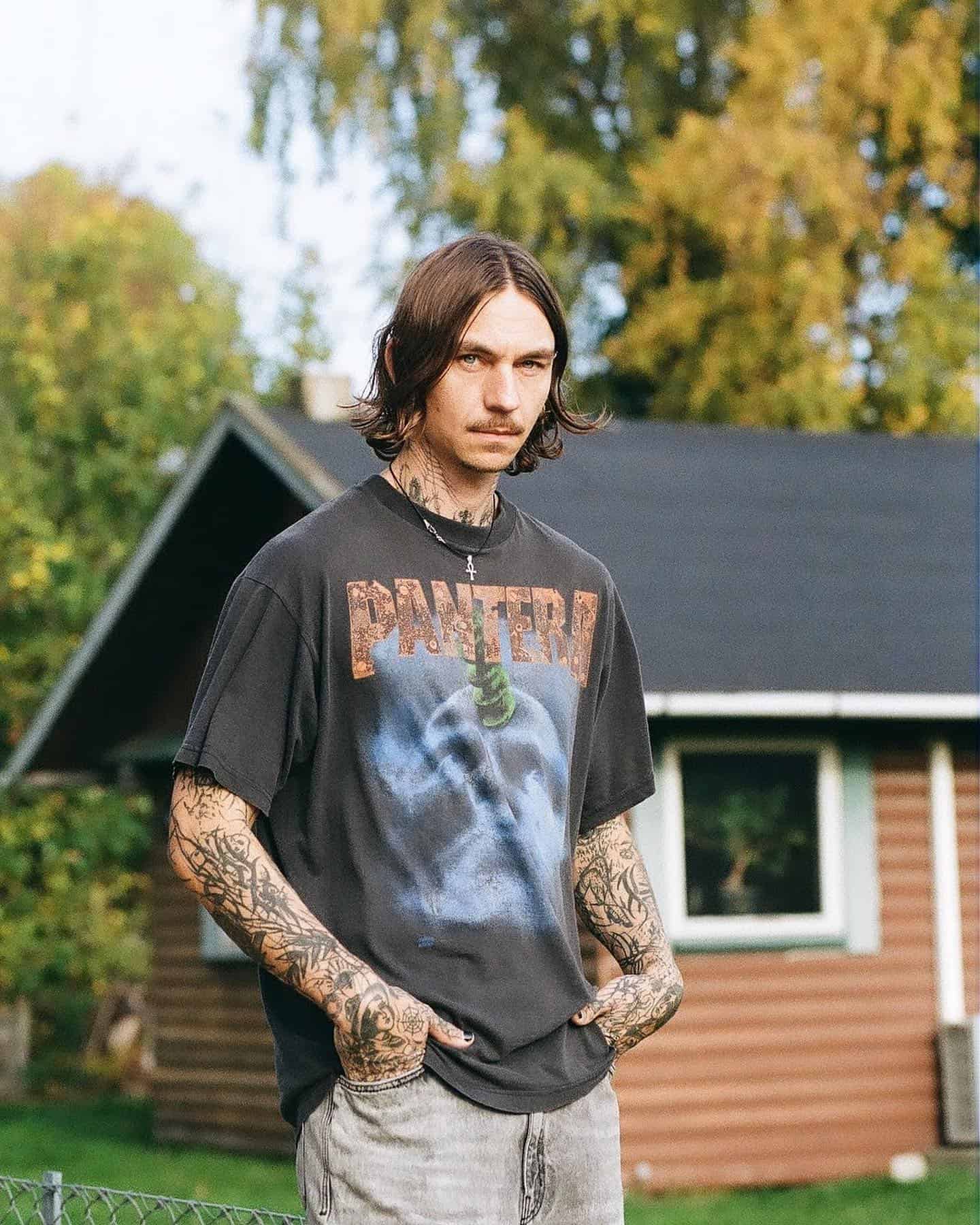
Indie Outfits for Every Occasion
When it comes to crafting the perfect indie outfit, the key is to mix and match pieces from different eras and styles with confidence and ease. Start with a foundation of well-worn basics, like vintage band tees, distressed denim, and classic leather jackets.
From there, layer on some statement pieces that reflect your personal style, whether that’s a bold printed button-down, a pair of chunky combat boots, or some eclectic accessories like a wide-brim hat or a stack of silver rings.
The goal is to create a look that feels authentic and effortless, like you just threw on the first thing you grabbed off the floor and somehow made it work. Whether you’re headed to a concert, a coffee date, or a gallery opening, the key is to wear your clothes with the kind of nonchalant cool that embodies the indie spirit.
The Final Word
At the end of the day, indie fashion is all about self-expression and individuality. It’s about taking risks, mixing and matching different styles and eras, and creating a look that’s uniquely your own.
So don’t be afraid to experiment, to play around with different pieces and accessories until you find a combination that feels authentic to you. And remember – the most important thing is to wear your clothes with confidence and ease, like they’re an extension of your personality and your creative spirit.
Whether you’re a die-hard thrifter or a high-end vintage collector, a grungy rocker or a bohemian dreamer, you’ll find there’s a place for you in the world of indie fashion. So go forth, express yourself, and let your freak flag fly – because that’s what being an indie kid is all about.
FAQ
-
-
Indie style clothing is characterized by its eclectic mix of vintage, artisanal, and bespoke elements, reflecting a preference for individual expression and a non-mainstream, creative approach to fashion. It often combines unique patterns, sustainable fabrics, and handcrafted accessories to create outfits that stand out for their authenticity and personal significance.
-
Indie sleaze fashion refers to a gritty, edgy style popular in the late 2000s and early 2010s, marked by a mix of punk, grunge, and electro influences. It features skinny jeans, leather jackets, vintage tees, and an overall aesthetic that embraces a raw, unpolished look reminiscent of underground music scenes and nightlife.
-
The indie aesthetic is a diverse and eclectic look that blends vintage inspirations with contemporary trends, emphasizing personal expression and a DIY ethos. It includes a mix of layered textures, artisanal accessories, distinctive footwear, and statement outerwear, all chosen to reflect the wearer’s unique identity and cultural influences.
-














































